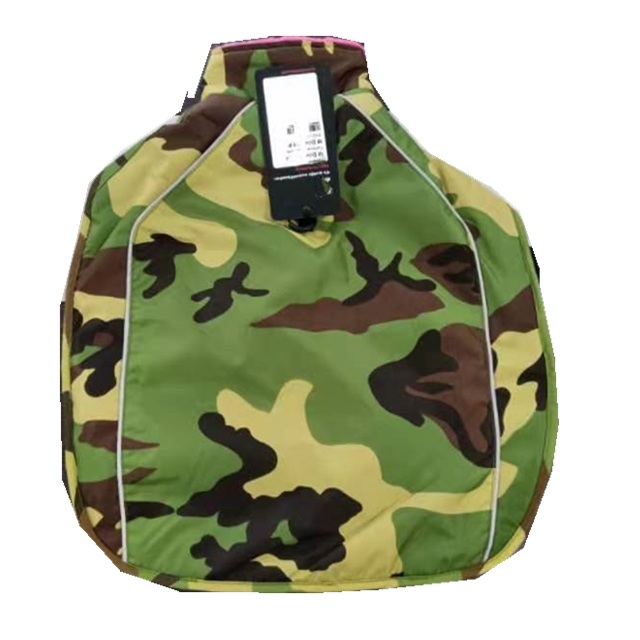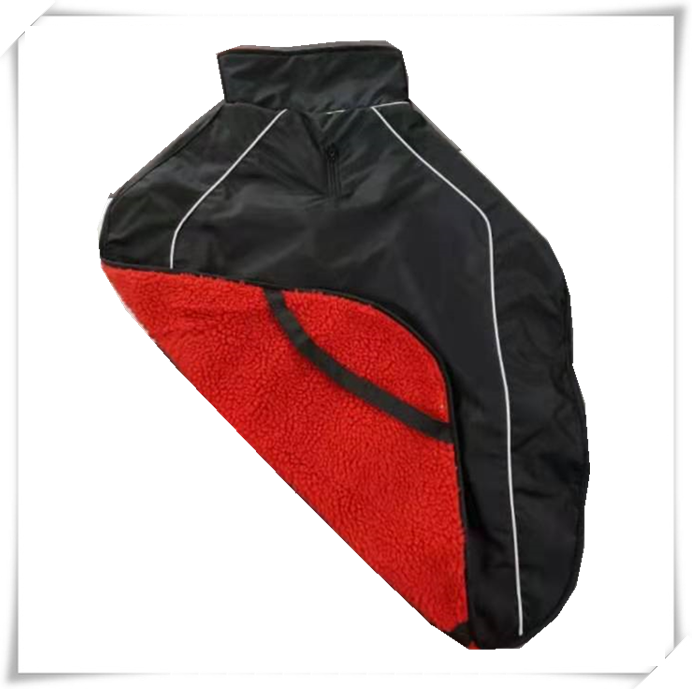During the summer, high temperatures, humidity, and frequent rainfall create ideal conditions for the development and spread of vegetable seedling diseases. This poses a serious threat to summer seedlings such as tomatoes, green peppers, and eggplants. To grow healthy and strong seedlings, it is essential to focus on four key areas.
First, prepare a suitable seedbed. Choose well-drained loamy soil with good fertility and a slightly elevated position to prevent waterlogging. Use disease-free soil that has not been used for growing eggplant or related vegetables for at least 2-3 years. Make sure to use fully decomposed organic fertilizer, and disinfect both the soil and seeds before sowing to reduce the risk of infection.
Before planting, treat the seeds properly. Common methods include hot water soaking or chemical seed coating, especially to combat viral and bacterial diseases. After sterilization, soak the seeds in clean water, wrap them in a damp cloth, and keep them in a warm place until they begin to sprout. About 5–7 days before sowing, water the seedbeds lightly to ensure proper moisture. Sow the seeds evenly and avoid over-crowding, which can lead to weak, leggy seedlings. After sowing, cover the seeds with about 1 cm of soil and water gently to maintain moisture. If the seedlings have difficulty breaking through the soil crust, mist them with water or sprinkle fine, moist soil to help them emerge more easily.
Proper seedling management is crucial. As soon as the seeds germinate, remove weeds promptly. During midday when sunlight is intense, provide shade and improve air circulation. Avoid using excessive nitrogen fertilizer, as this can cause the stems to become weak and prone to lodging. Keep the seedbed consistently moist, but avoid overwatering, which can increase soil temperature and stress the plants. After heavy rains, drain the beds quickly to prevent root rot caused by waterlogged soil.
Pest and disease control is also important. Common diseases affecting solanaceous seedlings include damping-off, blight, virus infections, and gray mold. Pests such as aphids, whiteflies, and thrips can also be problematic. At the early stage of seedling growth, apply a fungicide like 75% chlorothalonil diluted at 1000 times, or 65% mancozeb at the same concentration. Spray every 7–10 days, applying it once or twice as needed. For insect pests, use appropriate insecticides. If you notice earthworms or other underground pests, consider using bait traps treated with insecticides to manage them effectively.
By following these steps, you can significantly improve the health and resilience of your summer vegetable seedlings, ensuring a strong start for the growing season.
We are the supplier for dog dry robes, Pet clothes supplier, Waterproof dog robe supplier, Recycled dog robe poncho with hood, Dog dry robes. When cold weather, we go out with our dogs. We can help our dog wear a winter jacket, which is waterproof and warm.
We support customized logo and design. Welcome to discuss more details with us.



Dog Robes,Dog Robe,Waterproof Dog Robe,Recycled Dog Robe Poncho With Hood
Suzhou Golden Gamrnet MFG Co.,Ltd , https://www.svchangerobe.com